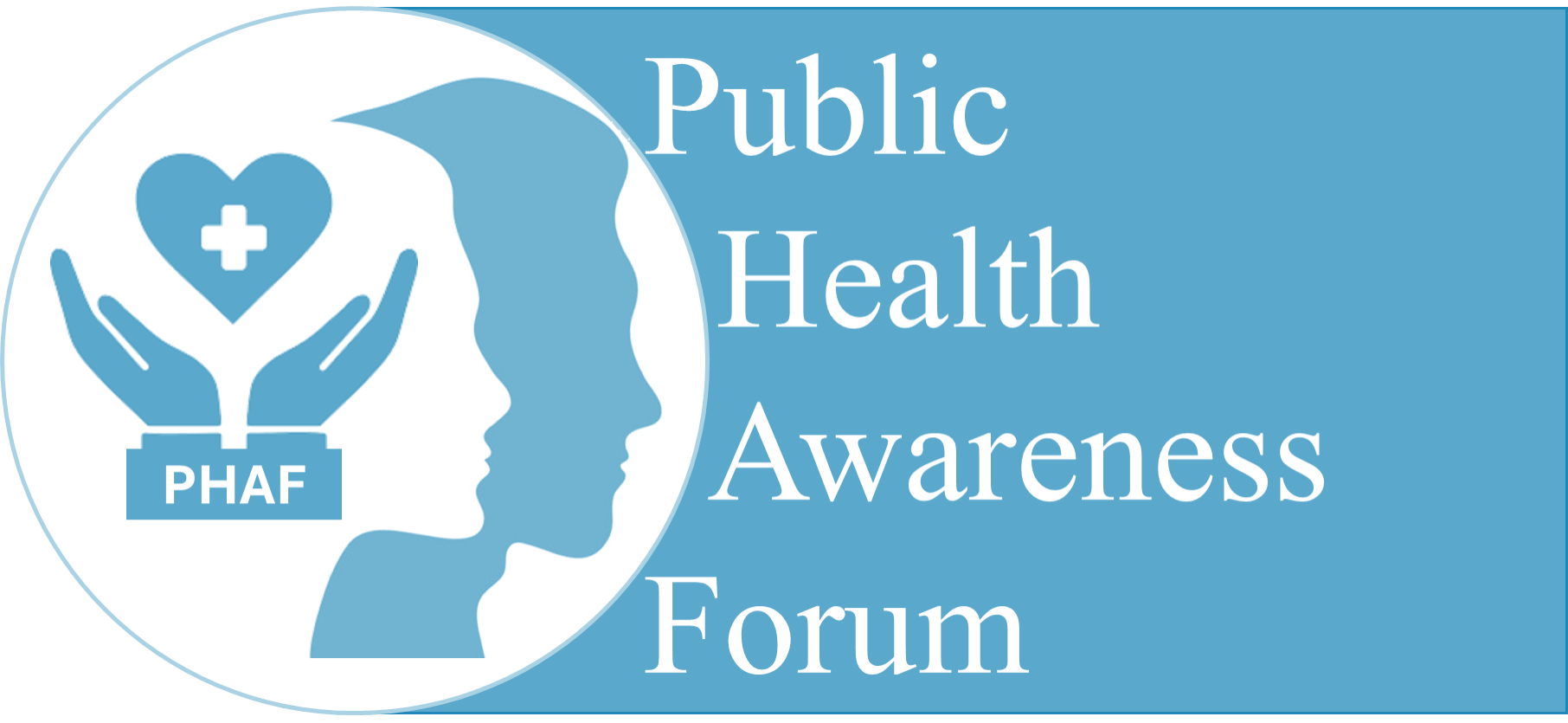Choosing the right prenatal vitamins is a crucial step in ensuring a healthy pregnancy. Prenatal vitamins provide essential nutrients that support both the mother and the developing baby, reducing the risk of birth defects and promoting overall well-being. With the abundance of prenatal vitamins available on the market, it can be challenging to determine which one is best suited for your needs. This comprehensive guide aims to provide detailed insights into how to choose the right prenatal vitamins, including what to look for, important nutrients to consider, and tips for making the best choice for your health and the health of your baby.
The Importance of Prenatal Vitamins
Prenatal vitamins are specially formulated supplements designed to meet the increased nutritional needs of pregnant women. During pregnancy, the body requires higher levels of certain nutrients to support the growth and development of the baby. Prenatal vitamins help fill nutritional gaps that may not be met through diet alone, reducing the risk of complications and promoting a healthy pregnancy.
Why Prenatal Vitamins Are Essential
There are several reasons why prenatal vitamins are essential during pregnancy:
- Preventing Birth Defects: Certain nutrients, such as folic acid, play a critical role in preventing neural tube defects, which can lead to serious birth defects of the brain and spine.
- Supporting Fetal Development: Prenatal vitamins provide essential nutrients like iron, calcium, and vitamin D, which are vital for the baby’s growth and development.
- Maintaining Maternal Health: Pregnancy places significant demands on a woman’s body, and prenatal vitamins help ensure that the mother has adequate levels of essential nutrients to maintain her health.
- Reducing Pregnancy Complications: Adequate intake of certain vitamins and minerals, such as iron and vitamin D, can help reduce the risk of pregnancy complications like anemia and preeclampsia.
Key Nutrients to Look for in Prenatal Vitamins
When choosing a prenatal vitamin, it’s important to ensure that it contains key nutrients that are essential for a healthy pregnancy. Here are some of the most important nutrients to look for:
Folic Acid
Folic acid is one of the most important nutrients during pregnancy. It is crucial for the proper development of the baby’s neural tube, which later becomes the brain and spinal cord. Adequate folic acid intake reduces the risk of neural tube defects, such as spina bifida, by up to 70%. Recommended Daily Intake: The Centers for Disease Control and Prevention (CDC) recommends that all women of childbearing age take 400 micrograms (mcg) of folic acid daily, and this amount increases to 600-800 mcg during pregnancy.
Iron
Iron is essential for the production of hemoglobin, the protein in red blood cells that carries oxygen to the body’s tissues. During pregnancy, a woman’s blood volume increases significantly, and iron is needed to support this increased demand. Adequate iron intake helps prevent anemia, a condition that can lead to fatigue, weakness, and increased risk of preterm birth. Recommended Daily Intake: The American College of Obstetricians and Gynecologists (ACOG) recommends that pregnant women take 27 milligrams (mg) of iron daily.
Calcium
Calcium is important for the development of the baby’s bones and teeth. It also helps maintain the mother’s bone health, as the baby will draw calcium from the mother’s bones if intake is insufficient. A lack of calcium during pregnancy can increase the risk of osteoporosis later in life. Recommended Daily Intake: Pregnant women should aim for 1,000 milligrams (mg) of calcium daily, according to ACOG.
Vitamin D
Vitamin D plays a crucial role in calcium absorption and is important for the development of the baby’s bones and teeth. It also supports the immune system and may help reduce the risk of complications such as preeclampsia. Recommended Daily Intake: The recommended daily intake of vitamin D during pregnancy is 600 international units (IU), as per ACOG.
Omega-3 Fatty Acids
Omega-3 fatty acids, particularly docosahexaenoic acid (DHA), are important for the development of the baby’s brain and eyes. Omega-3s also support the mother’s mental health and may help reduce the risk of postpartum depression. Recommended Daily Intake: The American Pregnancy Association recommends that pregnant women consume at least 200 milligrams (mg) of DHA daily.
Iodine
Iodine is essential for the production of thyroid hormones, which regulate metabolism and are critical for the baby’s brain development. Iodine deficiency during pregnancy can lead to intellectual disabilities and other developmental issues. Recommended Daily Intake: The World Health Organization (WHO) recommends a daily intake of 250 micrograms (mcg) of iodine for pregnant women.
Other Important Nutrients
In addition to the key nutrients mentioned above, a good prenatal vitamin should also include:
- Vitamin C: Supports the immune system and aids in iron absorption.
- Vitamin B6: Helps alleviate nausea and supports brain development.
- Vitamin B12: Important for red blood cell formation and neurological function.
- Zinc: Supports the immune system and cell growth.
- Magnesium: Helps with muscle relaxation and reduces the risk of preterm labor.
Choosing the Right Prenatal Vitamin: Tips and Considerations
With so many prenatal vitamins available, it can be overwhelming to choose the right one. Here are some tips and considerations to help you make an informed decision:
Look for Third-Party Testing
Not all supplements are created equal, and the quality can vary widely. Look for prenatal vitamins that have been third-party tested for purity, potency, and safety. Certifications from organizations such as the United States Pharmacopeia (USP) or NSF International can provide added assurance that the product meets high standards of quality.
Consider Your Dietary Needs
Your dietary preferences and needs can influence the type of prenatal vitamin that is best for you. For example:
- Vegetarian or Vegan: Look for a prenatal vitamin that is free of animal products and contains plant-based sources of nutrients like DHA.
- Gluten-Free: If you have celiac disease or are sensitive to gluten, choose a prenatal vitamin that is certified gluten-free.
- Allergies: If you have allergies to certain ingredients, such as soy or dairy, check the label to ensure the prenatal vitamin is free of allergens.
Check the Dosage
Ensure that the prenatal vitamin provides the recommended daily intake of key nutrients. Some vitamins may require taking multiple pills per day to meet the recommended dosage, so consider your preference for pill size and frequency when making your choice.
Consult Your Healthcare Provider
Before starting any new supplement, it?s important to consult your healthcare provider. They can help you determine which prenatal vitamin is best suited for your specific needs and may recommend additional supplements if necessary, such as extra iron or calcium.
Consider the Form
Prenatal vitamins come in various forms, including tablets, capsules, gummies, and liquids. Consider which form is easiest for you to take, especially if you have difficulty swallowing pills or experience nausea. Keep in mind that gummy vitamins may not contain iron, so you may need to take an additional iron supplement if you choose this form.
Common Myths and Misconceptions About Prenatal Vitamins
There are several myths and misconceptions about prenatal vitamins that can make choosing the right one more confusing. Here are some common myths debunked:
Myth 1: Prenatal Vitamins Are Only Necessary During Pregnancy
Fact: Prenatal vitamins are important before, during, and after pregnancy. It’s recommended to start taking prenatal vitamins at least three months before conception to ensure your body has adequate levels of essential nutrients. Continuing to take them during breastfeeding can also help support your baby’s growth and development.
Myth 2: All Prenatal Vitamins Are the Same
Fact: Prenatal vitamins can vary widely in terms of quality, nutrient content, and form. It’s important to choose a prenatal vitamin that meets your specific needs and provides the recommended levels of key nutrients.
Myth 3: You Can Get All the Nutrients You Need from Food
Fact: While a healthy diet is essential during pregnancy, it can be challenging to get all the necessary nutrients from food alone, especially key nutrients like folic acid, iron, and DHA. Prenatal vitamins help fill in the gaps and ensure you and your baby are getting the nutrients you need.
Statistical Data on Prenatal Vitamin Use
Research and studies provide valuable insights into the use and benefits of prenatal vitamins:
- Prevalence of Prenatal Vitamin Use: According to a study published in the American Journal of Obstetrics & Gynecology, approximately 97% of pregnant women in the United States take prenatal vitamins or supplements (AJOG).
- Folic Acid and Birth Defects: The CDC reports that adequate folic acid intake before and during early pregnancy can reduce the risk of neural tube defects by up to 70% (CDC).
- Iron Deficiency During Pregnancy: The World Health Organization (WHO) estimates that approximately 40% of pregnant women worldwide are anemic, with iron deficiency being the most common cause (WHO).
Conclusion
Choosing the right prenatal vitamins is an essential step in ensuring a healthy pregnancy for both you and your baby. By focusing on key nutrients, considering your dietary needs, and consulting with your healthcare provider, you can make an informed decision that supports your overall health and the healthy development of your baby. Remember that prenatal vitamins are just one part of a comprehensive prenatal care plan, so continue to prioritize a balanced diet, regular exercise, and routine prenatal checkups throughout your pregnancy journey.



